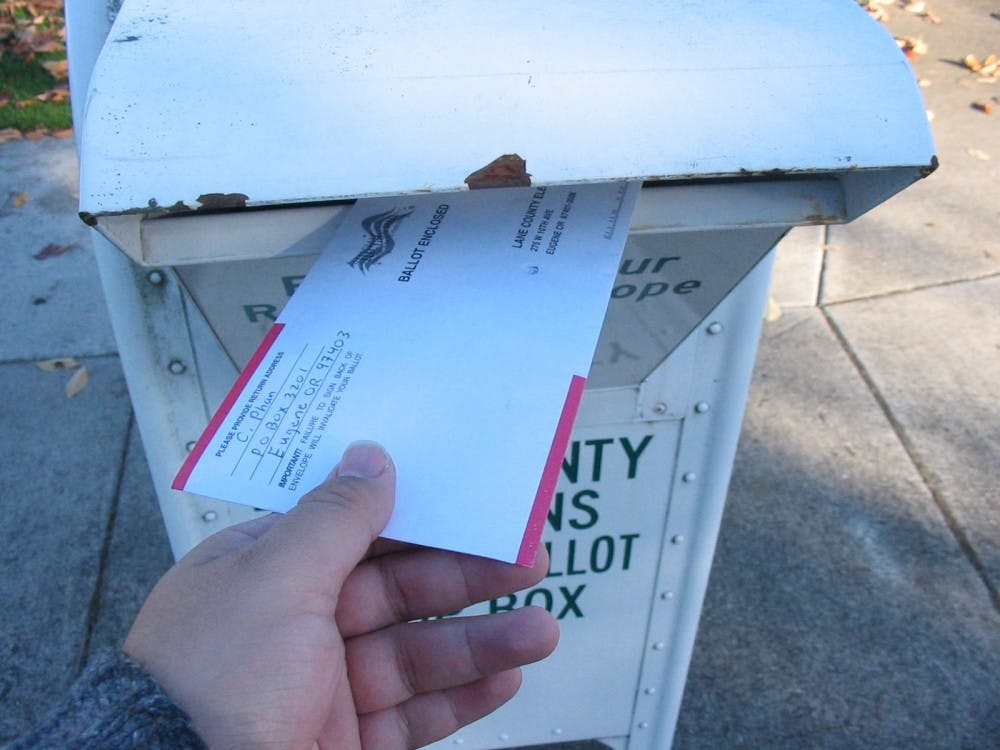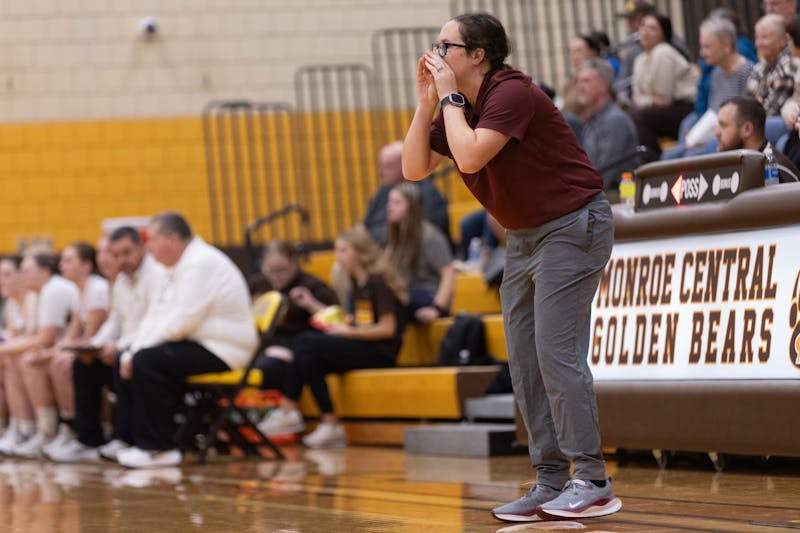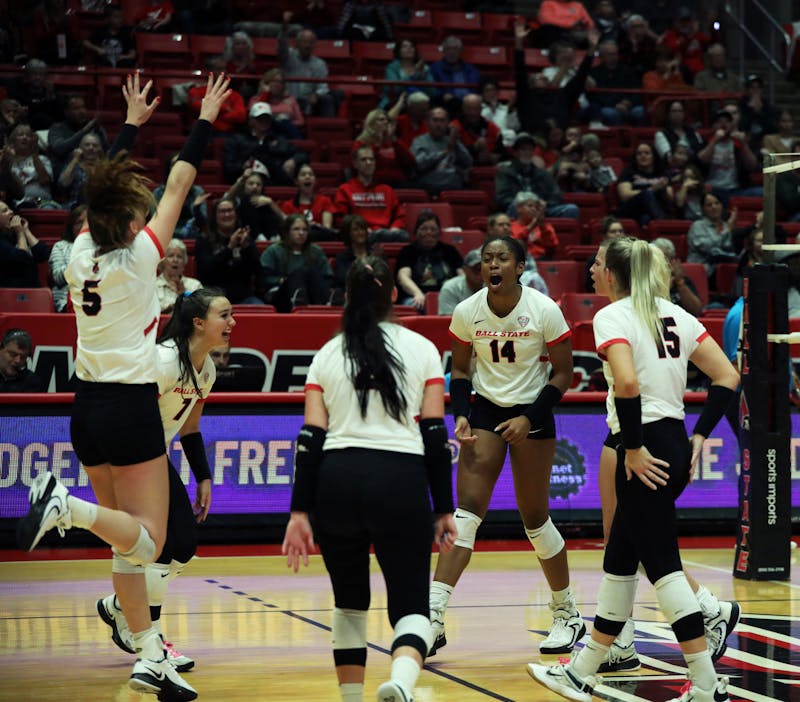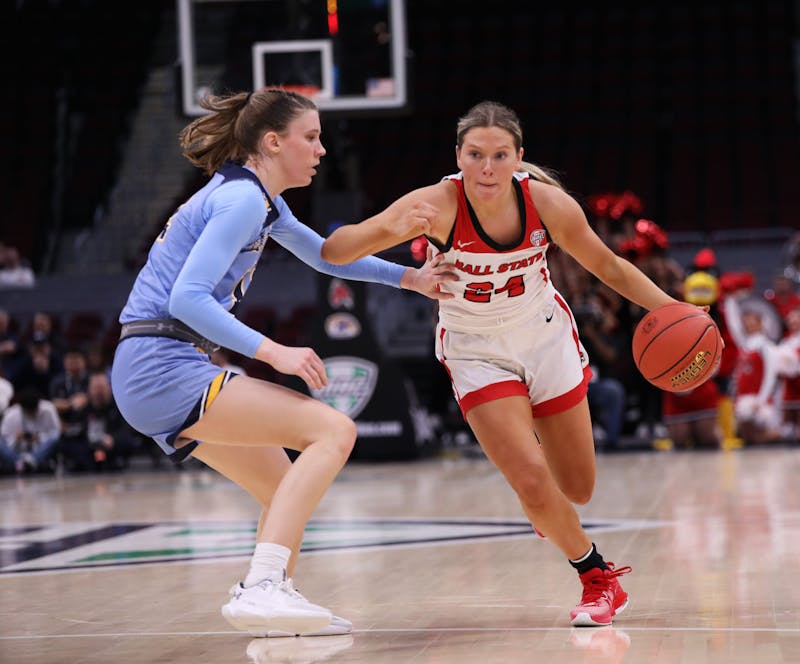The 2016 election date is fast approaching, and there are a couple of things many students might want to know before voting on Tuesday, Nov. 8.
Before the polls even open, however, it's crucial that potential voters are registered. In an effort to encourage citizens across the country to do so, President Barack Obama declared Sept. 27, National Voter Registration Day.
"I was thinking about whether or not I wanted to vote, and after the debate and hearing people talking about why I should and stuff, I decided to go ahead and register," junior history major Mandy Rogers said. "I think it's important for other people to register now, too, especially because our voice – even as students – means something."
Read more to find out how to register and keep up on important dates coming up in the election season.
How to register
This is pretty important. Registration is essential for voters to mark the name of their favorite candidate at the polls. If potential voters are not registered, there’s still time to do so. Voter registration in the state of Indiana continues through Oct. 11. For those from out of state, the U.S. Vote Foundation lists all registration deadlines on their website. Thirty-one states, along with the District of Columbia, offer online voter registration. If a voter's home state does not offer this service, there is always the option to fill out a voter registration form to mail in.
Debate dates and issues
This is one of the most interesting parts of the election process. The 2016 debates will be held on Monday, Sept. 26, Tuesday, Oct. 4, Sunday, Oct. 9 and Wednesday, Oct. 19, and can be viewed on NBC, CBS, ABC, FOX and other major networks. The debates will also be available via live stream on the internet. Some of the topics for the first debate included "America's Direction," "Achieving Prosperity" and "Securing America," according to Politico.
For those thinking about skipping the debates, however, it may be time to reconsider. The debates are expected to surpass TV ratings from recent Super Bowls, and according to the Wall Street Journal, the debates will influence over a third of undecided voters when making a final decision.
What to do for those out-of-state
For those who are not Indiana natives and might not be able to make it home to vote in person on Nov. 8, there are still options available. Absentee ballots are available for voters to cast their ballots early and straight to their local voting offices without actually having to make the trip home.
An easy-to-use resource for information on voter registration and absentee voting for each state is available at vote.org. This website can help facilitate everything involved in the voting process, including registration and checking registration status, absentee voting, election centers, voter ID requirements and deadlines for voting.
What's needed to vote
In order to ensure the voting process goes smoothly, it’s essential that potential voters meet all of the prerequisites of voting, including voting requirements and voter ID. This information can also be found at vote.org.
Official voting laws differ from state to state, but there are some regulations that apply nationwide, including the minimum voting age requirement of 18, and in Indiana, voters must be citizens of the United State, have resided in the precinct at least 30 days before the next election and not currently be in jail for a criminal conviction. For Indiana voter ID, voters must have an ID that displays their photo and name, has an expiration date that shows the ID hasn’t expired or expired after Nov. 4, 2014 and is issued by Indiana or the US government





The Daily News welcomes thoughtful discussion on all of our stories, but please keep comments civil and on-topic. Read our full guidelines here.